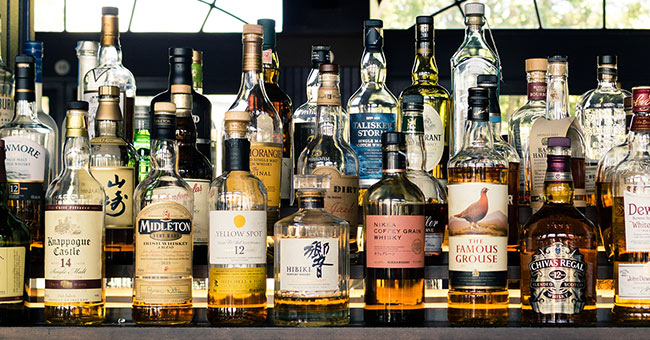You’ve heard it before: this year premium plus spirits are here to stay, no- and low-alc will continue its rise, and the RTD boom is expected to shake out new state laws. In addition to those forecasts, the executive team behind MHW, a beverage alcohol importer and service provider, dug into other trends in a discussion on Tuesday moderated by Deborah Brenner, the founder and CEO of Women of the Vine & Spirits.
They pointed to “Conscious Consumerism” as one continuing shift in shopping behavior, driven by Gen Z drinkers who increasingly choose products based on their values and wellness goals.
“Diversity is hugely important to them,” said Brigid Mannarino, director of growth marketing at MHW. “They care about BIPOC-owned brands, they care about female-led companies, and they spend where their values are.”
Younger drinkers are also at the forefront of the better-for-you and moderation trends, making them attentive to natural ingredients and alcohol levels. The demographic is more likely to abstain or pace their alcohol consumption, and research shows they pay more attention to ABV levels, said Mannarino.
“I think we all have to wake up and realize that there’s a new floor of what you have to do just to be considered to be a good consumer brand. The fact is the floor has been raised and changed,” said Steve Melchiskey, vice president of sales and development.
Brands should connect with this crop of new drinkers by sharing their own values, whether it be through organic certifications on labels or broader messaging, the team advised. Companies would also be wise to take advantage of the built-in marketing opportunities with a social media-friendly generation.
“They are very values based, so they feel that what they drink reflects who they are, and they share nearly every drinking occasion online,” Mannarino said.
The online alcohol shopping landscape might also shift this year, possibly with more acquisitions or partnerships among independent e-commerce platforms. White label ecommerce platform Speakeasy’s recently announced partnership with DRINKS, a compliance technology provider, was cited as an example. Established platforms may continue to diversify, too; see ReserveBar’s new canned beverage site Get Stocked, which is separate from its premium spirits and wine site. The growth of premium-plus spirits could also fuel more high-end online shopping experiences.
“Half of consumers are more likely to treat themselves to premiumization at home so we’re going to see a lot more sort of limited edition launches and more innovation at that premium level,” Mannarino said.
On the regulatory front, the U.S. Alcohol and Tobacco Tax and Trade Bureau (TTB) is expected to step up its review of federal permits. Producers are required to report changes such as a change of address or ownership to their basic federal permits within 30 days.
“Now, the TTB has stepped up enforcement on that,” said Scott Saul, executive vice president. “So any permit holders online now that have any changes to that federal permit, I suggest making those changes right away.”
